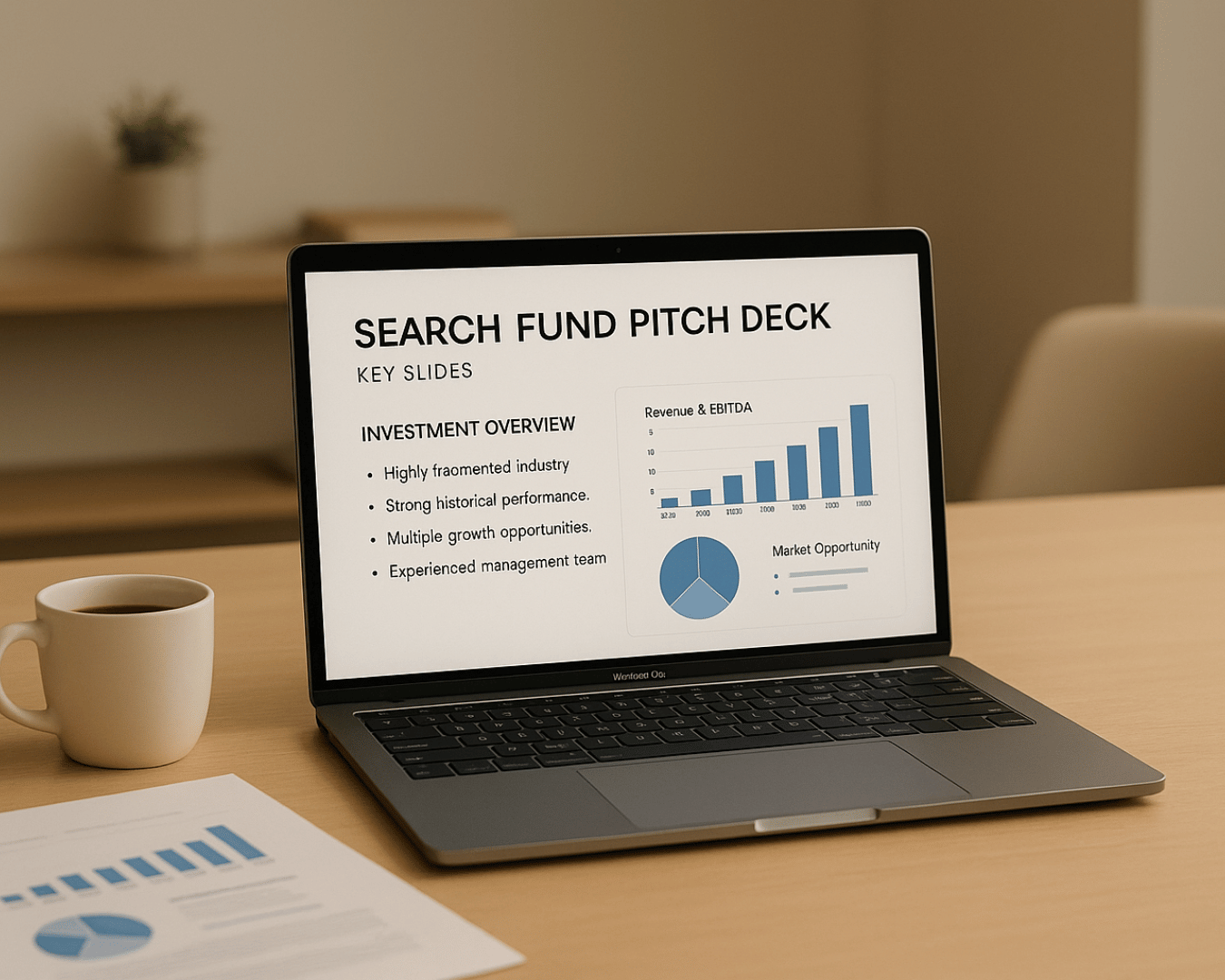AI and data tools are transforming business brokerage by making deal-making faster, smarter, and more efficient. Here's how:
- Deal Sourcing: AI platforms like Clearly Acquired simplify finding acquisition targets with smart search tools, filtering opportunities by factors like industry, location, and financial performance.
- Valuation Accuracy: AI-powered models provide instant, data-driven business valuations, analyzing market trends, revenue patterns, and growth rates for more reliable results.
- Due Diligence: Automating tasks like document review and compliance checks speeds up the process, reduces errors, and ensures consistency.
- Financing and Post-Deal Support: AI helps match buyers with lenders, automates financing processes, and provides ongoing insights for business performance, growth opportunities, and exit planning.
AI is reshaping the role of brokers, enabling them to focus on strategic advice and building stronger client relationships. This shift is setting a new standard for efficiency and success in the industry.
AI Buys Businesses? The Secret Tools No One Talks About
AI-Powered Deal Sourcing: Finding the Right Opportunities
In the past, brokers relied heavily on personal connections, cold calls, and labor-intensive research to identify acquisition targets. These traditional methods demanded significant time and effort, often limiting the scope of opportunities available.
Enter Clearly Acquired - a platform that’s changing the game for deal sourcing. By providing a business-for-sale marketplace with both public and private listings, it offers advanced search tools that make prospecting more efficient. Users can filter opportunities based on critical business factors like industry, location, and financial performance. This approach opens doors to opportunities far beyond what traditional networks could offer. Let’s dive into how these customizable search features help match buyers with the right deals.
Smart Search and Deal Matching
Smart search tools are transforming how deals are sourced, making the process faster and more precise. With customizable filters, buyers can zero in on opportunities that meet their exact criteria, eliminating the need to sift through endless listings manually. This targeted approach not only saves time but also broadens the scope of potential deals.
Automated Business Valuation and Risk Analysis
AI isn't just reshaping deal sourcing - it’s also transforming how businesses are valued, making the process faster, more accurate, and deeply data-driven. Traditional business valuations often take weeks, requiring extensive manual data collection and analysis, with results that can vary significantly. In contrast, AI-powered tools now provide instant and consistent valuations by analyzing data from multiple sources in real time.
AI-Powered Valuation Models
Modern AI-driven valuation platforms are redefining how businesses are assessed. These tools integrate vast amounts of financial data to deliver real-time valuations that reflect the current market landscape. By analyzing factors like revenue trends, profit margins, growth rates, and overall market conditions, they provide a clearer picture of a company’s value.
Here’s how it works: AI-powered platforms combine financial data with industry benchmarks and market trends to produce valuations that are both precise and timely. Unlike traditional methods, which rely heavily on outdated comparable sales or broad industry multiples, these systems use up-to-the-minute market data to mirror the actual transaction environment.
The real game-changer is the depth of data these tools can process. While traditional methods might rely on a handful of comparable sales, AI models can analyze a much larger pool of transactions across similar businesses. They account for variables like geographic location, business size, growth rates, and market fluctuations. This comprehensive approach minimizes the subjectivity that has historically complicated business valuations.
And it doesn’t stop there - AI-powered valuations also pave the way for advanced insights into risk and growth potential.
Risk Assessment and Growth Analysis
AI tools go beyond basic valuation by delivering detailed risk assessments and growth analyses - tasks that would take human analysts days to complete. These systems evaluate financial trends, market dynamics, customer dependencies, and operational metrics, comparing them against extensive datasets to uncover potential risks and growth opportunities.
For risk assessment, AI algorithms identify red flags like shrinking margins, over-reliance on a few customers, seasonal revenue swings, or inconsistencies in cash flow. By spotting these issues early, buyers and brokers can avoid deals that might face unexpected hurdles, saving time and resources.
On the flip side, growth analysis highlights opportunities for improvement and expansion. AI tools can pinpoint underutilized assets, suggest areas for market growth, or reveal inefficiencies in operations. This allows buyers to see not only the current value of a business but also its potential under new management. For example, a tool might identify a way to optimize costs or expand into untapped markets, adding value post-acquisition.
Comparison: Manual vs. AI-Powered Valuation
To better understand the advantages of AI-powered valuation, here’s a side-by-side comparison:
| Aspect | Manual Valuation | AI-Powered Valuation |
|---|---|---|
| Time Required | Weeks of manual effort | Results in minutes |
| Data Sources | Limited to a few comparables | Pulls from extensive datasets |
| Consistency | Results vary between analysts | Uniform outcomes with standardized methods |
| Risk Analysis | Basic and limited | Automated and comprehensive |
| Market Adjustments | Updated infrequently | Reflects real-time market data |
| Cost | Higher due to manual labor | Lower thanks to automation |
The speed of AI-powered valuation fundamentally changes how deals are handled. Instead of waiting weeks for a valuation report, brokers can provide quick assessments during initial discussions, keeping the deal momentum alive.
Consistency is another standout advantage. While manual valuations often differ based on who performs the analysis, AI systems apply the same criteria every time, ensuring reliable and defensible results. Additionally, the depth of analysis provided by AI tools uncovers patterns in cash flow, seasonality, customer behavior, and market conditions that might otherwise go unnoticed. This level of insight is invaluable for making informed decisions in today’s fast-paced business environment.
Faster Due Diligence and Closing Processes
For years, due diligence has been a sticking point in deal-making, often slowing progress to a crawl. But AI is changing the game. By automating tasks like document review, compliance checks, and secure collaboration, it’s eliminating bottlenecks and keeping deals on track. The result? Faster closings, lower costs, and fewer failed deals. This shift is reshaping how documents and compliance are handled in the deal-making process.
Automated Document Review and Compliance
AI-powered tools are transforming how documents are reviewed during due diligence. Using natural language processing and large language models, these systems can analyze contracts, NDAs, financial statements, and legal documents in minutes instead of days. Tasks that once required hours of manual effort - like extracting key metrics, summarizing contracts, spotting anomalies, and flagging red flags - are now handled automatically.
The time savings are immense. What used to take weeks of manual work can now be done in days. For example, crafting a comprehensive investment thesis, which once required significant time and effort, can now be completed in a fraction of that time.
AI also excels at uncovering details humans might miss. It can identify hidden clauses in contracts, spot inconsistencies in financial data, and flag unusual terms that could impact deal valuations. For compliance, AI-driven audits can swiftly analyze large datasets to detect anomalies or liabilities, while automated tools ensure licenses, tax filings, and legal obligations are verified before the deal is finalized.
Consistency is another key advantage. Unlike manual reviews, which can vary depending on the reviewer’s experience or fatigue, AI provides a standardized analysis every time. This reduces the risk of overlooking critical details and ensures a uniform quality of work across all deals.
Secure Data Rooms and Communication Hubs
Beyond document review, AI is improving how deal participants collaborate. Modern platforms now come equipped with secure data rooms and communication tools that streamline the entire process. These AI-enhanced platforms allow brokers to organize and control access to sensitive documents, ensuring that only the right people see the right files at the right time.
Centralized data rooms eliminate scattered communication, allowing all stakeholders to work in a single, secure environment. This reduces confusion and ensures everyone has access to the most up-to-date information. For example, Imprima AI Due Diligence has reduced the time needed to structure Virtual Data Rooms by 90%. Instead of waiting days for setup, brokers can create secure deal environments in just a few hours, keeping the process moving swiftly.
Permission controls further enhance efficiency. Brokers can assign specific access levels to different participants, enabling financial advisors, legal counsel, and other team members to focus on the documents relevant to their roles. This targeted access speeds up reviews and keeps everyone aligned.
Comparison: Manual vs. AI-Enhanced Due Diligence
The contrast between traditional and AI-driven due diligence is stark:
| Aspect | Manual Due Diligence | AI-Enhanced Due Diligence |
|---|---|---|
| Document Analysis | Hours per document for human review | Minutes for AI to analyze and summarize |
| Pattern Detection | Limited by human capacity and fatigue | Identifies complex patterns across large datasets |
| Consistency | Varies by analyst experience and workload | Standardized analysis every time |
| Capacity | Requires more staff as workload increases | Handles multiple deals simultaneously |
| Risk Detection | May overlook subtle anomalies | Excels at spotting hidden risks and inconsistencies |
AI allows teams to manage more transactions without needing additional staff, making it easier to scale operations as deal flow increases. By automating repetitive tasks, it frees up deal teams to focus on strategic activities like interviews and crafting recommendations.
Speed is critical in today’s competitive market. The ability to complete due diligence faster can mean the difference between winning and losing a deal. AI not only accelerates the process but also minimizes errors and builds confidence for buyers and sellers alike.
This isn’t just about speed - it’s about smarter decisions. AI synthesizes vast amounts of data, identifies trends, and highlights insights that might otherwise go unnoticed. The result is sharper analysis, clearer strategies, and a more seamless path from offer to closing.
sbb-itb-a3ef7c1
AI in Financing and Post-Deal Support
AI isn't just speeding up the due diligence process - it’s reshaping how financing and post-deal support are handled. Once the deal closes, the real work begins, and AI platforms are stepping in to simplify financing and provide ongoing guidance for business success. These tools are tackling two major hurdles: securing acquisition financing and ensuring long-term success after the deal is done.
Simplifying Acquisition Financing
Securing the right financing for business acquisitions has always been a tricky process. AI is changing that by streamlining lender matching, automating pre-qualification, and designing customized financing solutions that work for everyone involved.
- Smarter Lender Matching: AI removes the guesswork by analyzing the specifics of a deal, buyer profiles, and lender requirements. This increases the chances of approval while cutting down the time it takes to secure funding.
- Automated Pre-Qualification: Tools like Plaid assess creditworthiness instantly, creating detailed borrower profiles and eliminating repetitive back-and-forth delays.
- Tailored Financing Solutions: AI can model complex financing packages - like SBA 7(a) loans, seller notes, or earnouts - by analyzing cash flow and risk factors. This ensures financing plans are aligned with the deal's needs.
- Equipment and Working Capital Options: For asset-heavy businesses or those with seasonal cash flow, AI evaluates factors like inventory levels and equipment values to recommend financing options specifically suited to these challenges.
Post-Deal Support That Delivers Results
AI’s role doesn’t end at closing. It continues to provide value by offering performance monitoring, operational insights, and strategic guidance to ensure the business thrives.
- Performance Monitoring: Real-time dashboards integrate data from accounting software, bank feeds, and operational metrics to track business performance. These systems can flag potential problems early, giving brokers and owners a chance to address them before they escalate.
- Identifying Growth Opportunities: AI analyzes market trends, local conditions, and competitor performance to uncover areas for expansion. Whether it’s fine-tuning underperforming revenue streams or optimizing operations, these insights can drive growth.
- Benchmarking and Valuation Updates: By comparing the business’s performance to industry peers and market conditions, AI helps owners make informed decisions about reinvestment, expansion, or even exit strategies.
- Operational Insights: AI goes beyond the numbers, analyzing day-to-day activities like inventory management or pricing strategies. It can suggest improvements based on industry best practices, helping new owners streamline operations faster.
- Exit Planning: From day one, AI tracks key value drivers and market conditions, offering recommendations that can enhance the business’s future sale value. This positions brokers as long-term partners in their clients' success.
Why AI Matters in Financing and Advisory
Integrating AI into financing and post-deal support isn’t just about automation - it’s about transforming the entire process to deliver better outcomes for everyone involved.
- Breaking Down Financing Barriers: AI makes it easier to match buyers with lenders and create innovative financing packages, enabling more deals to close - even for buyers with limited upfront capital.
- Optimized Deal Structures: By analyzing multiple financing scenarios, AI uncovers solutions that balance risks and rewards, aligning the interests of all parties involved.
- Higher Success Rates: Better preparation and smarter lender matching lead to more successful transactions.
- Stronger Client Relationships: Brokers who provide ongoing, actionable insights after the deal closes build trust and foster repeat business and referrals.
- Scalability: With AI handling routine tasks like financing coordination and performance monitoring, brokers can manage more deals without needing to expand their team.
The financial benefits are hard to ignore. Brokers can close deals faster, offer more value to their clients, and position themselves as strategic partners rather than just transactional middlemen. By integrating AI throughout the deal lifecycle, business brokers can stay ahead in an industry that’s rapidly evolving. This isn’t just about keeping up - it’s about setting a new standard for what’s possible.
Case Studies: AI-Powered Deal-Making in Action
Building on the earlier discussion of AI's role in valuation and due diligence, let's explore real-world examples that showcase its impact. These cases highlight how AI-driven tools are not only improving deal outcomes but also accelerating processes and enhancing accuracy in ways that traditional methods often can't match.
AI Valuation Success Stories
Take Sarah J., for example. As the owner of a SaaS company, she turned to an AI-powered valuation tool to assess her business. The tool analyzed her company through multiple methodologies, pinpointing key value drivers like recurring revenue, customer acquisition costs, and growth trends - factors that can often be overlooked in manual appraisals. Armed with these insights, Sarah negotiated a 22% higher sale price for her business.
"The AI valuation tool provided insights that helped me negotiate a 22% higher sale price for my business."
Then there's Michael R., a first-time buyer in the retail sector. He used the same type of AI tool for risk assessment. It flagged financial and market position issues in the company he was considering, helping him avoid overpaying. This insight allowed him to secure 15% better purchase terms.
"As a first-time buyer, the AI valuation tool helped me avoid overpaying by accurately identifying risks I hadn't considered, resulting in 15% better purchase terms."
Speed and Accuracy Improvements
AI valuation tools are not just insightful - they're fast. These systems boast a 92% correlation with final sale prices and have been applied to over 10,000 businesses across 40+ industries. Unlike traditional methods, which often take 2–4 weeks and cost between $3,000 and $10,000, AI can deliver results in just 24 hours. One seller, for instance, managed to close their sale in just 45 days - an impressive timeline in the world of business transactions.
Measurable Deal Outcomes
The numbers don't lie: AI-powered valuation systems achieve a 97% deal-closing success rate. This success stems from improved price discovery, precise risk assessment, and greater buyer confidence. Additionally, AI's ability to model various financing structures - such as SBA 7(a) loans, seller notes, and earnouts - has enabled brokers to craft financing packages that align more closely with both buyer capabilities and seller expectations.
Beyond the Numbers
While the metrics are impressive, AI's impact goes beyond the numbers. These tools are transforming the role of brokers, turning them into strategic advisors. By identifying operational improvements, market opportunities, and performance benchmarks, AI empowers brokers to guide their clients more effectively. Sellers benefit from better prices, and buyers gain the clarity needed to make informed decisions. As AI continues to advance, its influence in the business brokerage space is only expected to grow further, reshaping how deals are made and closed.
Conclusion: The Future of Business Brokerage with AI
AI and data analytics are reshaping the world of business brokerage, bringing a new level of efficiency and precision to deal-making. From using predictive analytics to identify opportunities to leveraging automated valuation models for faster closings, these tools are delivering measurable improvements over traditional approaches.
Brokers are already seeing the benefits. AI speeds up valuations and deal execution, offering insights that were previously out of reach with conventional methods. These platforms allow brokers to act swiftly while providing detailed analyses that improve outcomes for their clients.
The role of brokers is also shifting. Rather than simply facilitating deals, modern brokers are becoming trusted advisors. With AI handling tasks like data analysis, risk evaluation, and deal matching - including the enhanced risk assessment and financing solutions mentioned earlier - brokers can focus on relationship-building, strategic advice, and navigating complex negotiations. This deeper involvement strengthens their partnerships with clients.
As the marketplace grows more competitive, brokers who adopt AI-powered tools will have a clear edge. The technology is advancing quickly, with ongoing developments in predictive analytics, automated due diligence, and financing strategies. Leading the charge, Clearly Acquired combines AI with deal management, financing tools, and market insights, setting a new standard for the industry.
FAQs
How does AI make business valuations faster and more accurate than traditional methods?
AI transforms the way businesses are valued by quickly analyzing extensive datasets and revealing insights that might slip through the cracks with older, manual methods. Using advanced algorithms, it evaluates financial data, tracks market trends, and compares industry benchmarks in real time, offering results that are both accurate and impartial.
By reducing human bias and tapping into predictive analytics, AI delivers valuations that are more forward-thinking. This empowers brokers and business owners to make smarter, more confident decisions based on reliable data.
How is AI transforming the due diligence process in business transactions?
AI is transforming the way due diligence is conducted by taking over labor-intensive tasks such as reviewing documents, spotting patterns, and identifying risks. This not only makes the process faster but also minimizes mistakes, leading to more precise and comprehensive assessments.
With the help of AI-driven tools, brokers can sift through massive datasets in record time, uncover trends that might otherwise go unnoticed, and highlight potential warning signs. This allows for sharper, data-backed decisions during business acquisitions.
How does AI support business success after an acquisition is completed?
AI is a game-changer when it comes to managing the aftermath of an acquisition. It simplifies post-deal processes by identifying areas where operations can be aligned or systems integrated, ensuring everything runs as smoothly as possible. Plus, it keeps a close eye on the performance of the deal, making sure it’s living up to expectations.
On top of that, AI dives into data to spot potential risks, tackle differences in team dynamics, and offer practical insights to boost collaboration. By cutting down on inefficiencies and addressing challenges head-on, AI helps businesses transition more seamlessly and get the most out of their acquisitions.


%20%20Process%2C%20Valuation%20%26%20Legal%20Checklist.png)

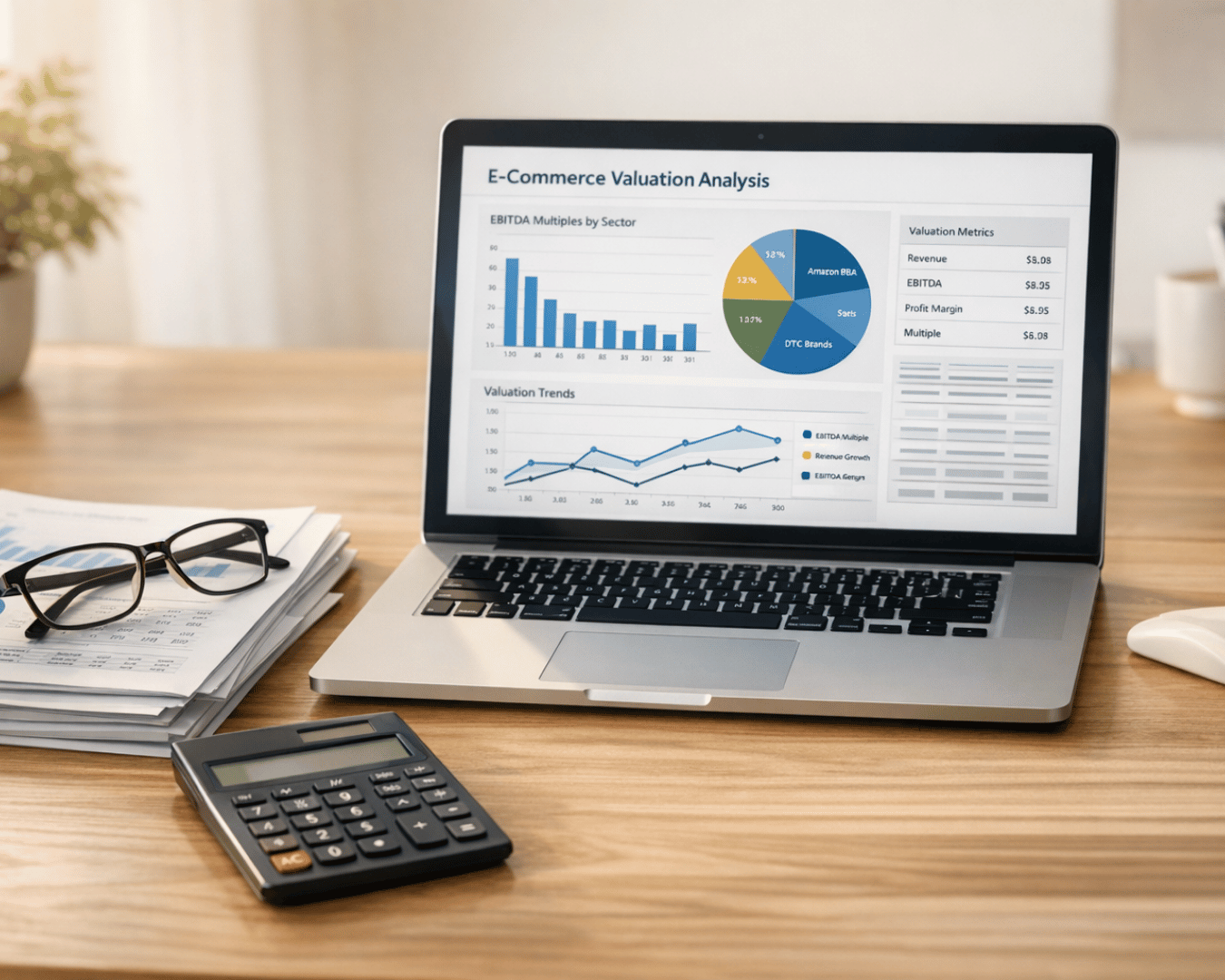









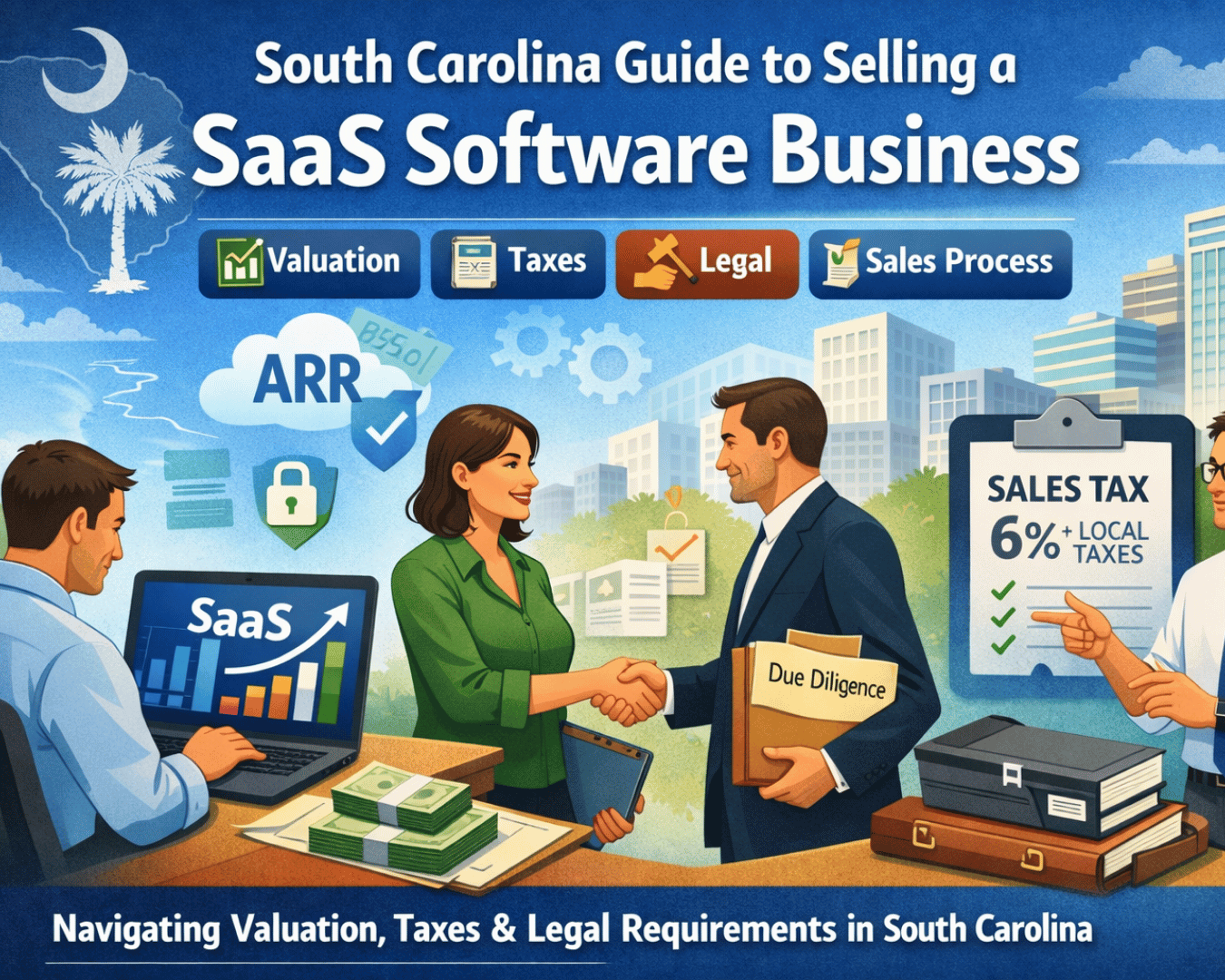







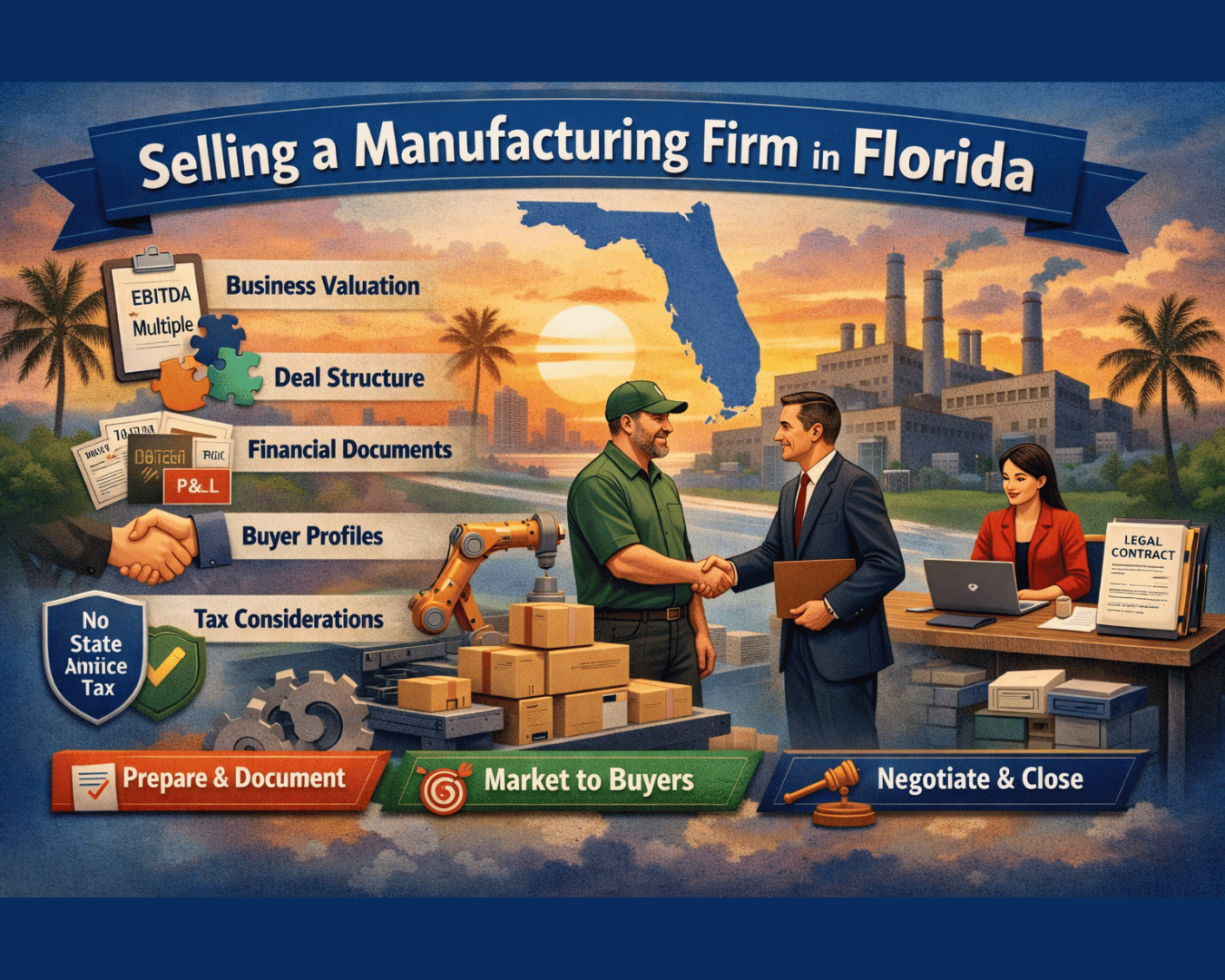
%20in%20a%20%2420M%20Sale..png)
%20vs.%20Conventional%20Loans%20for%20business%20acquisition.png)








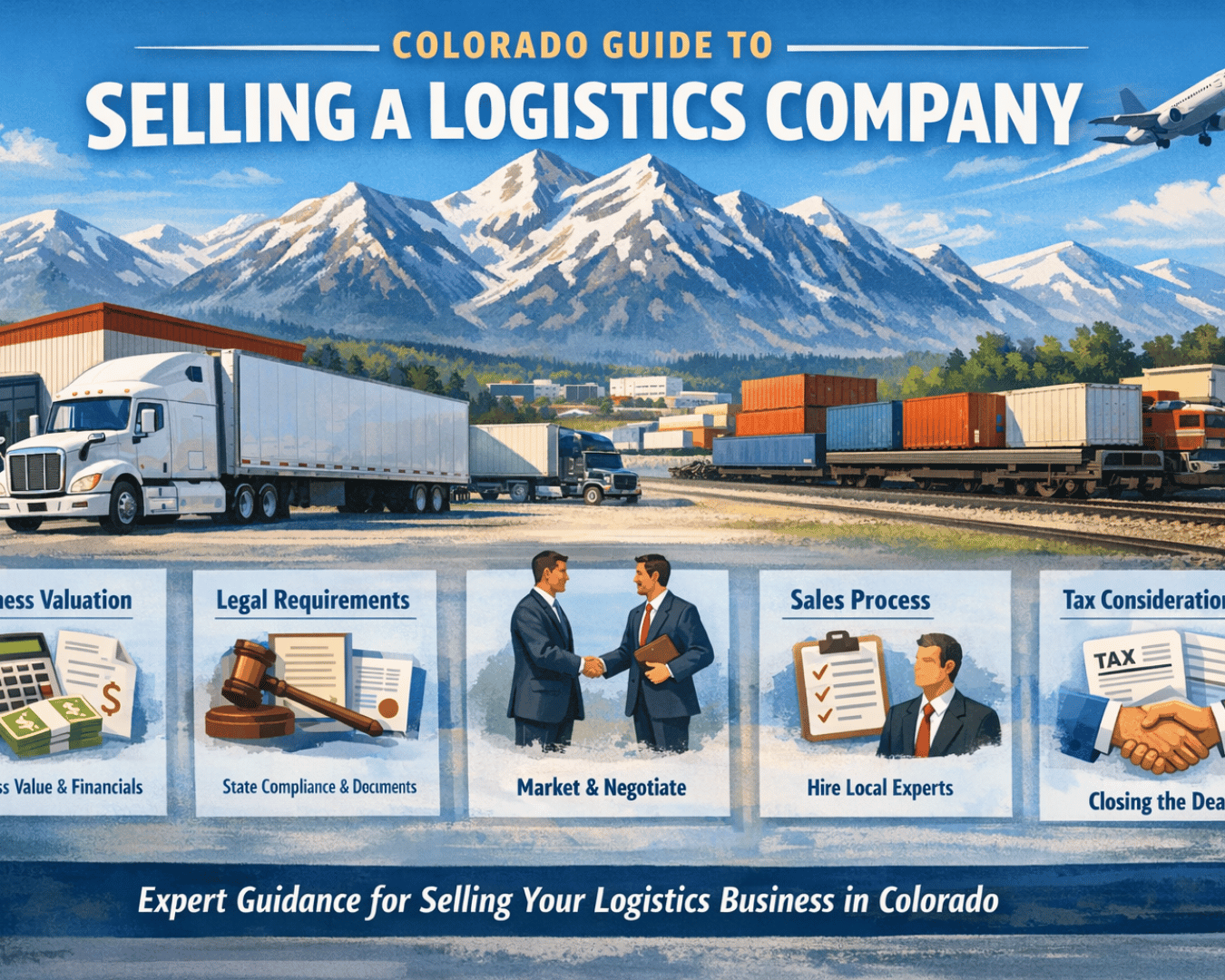












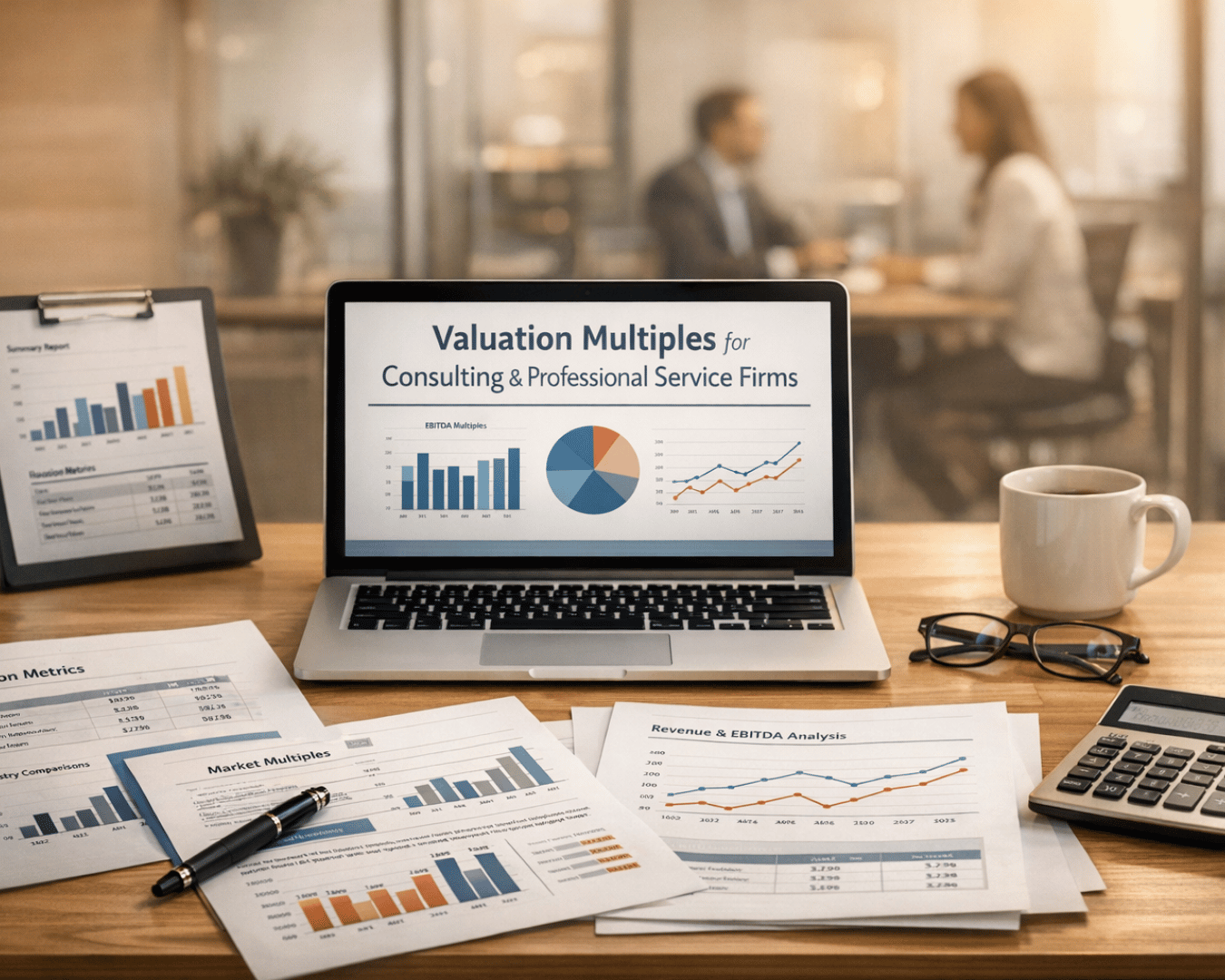
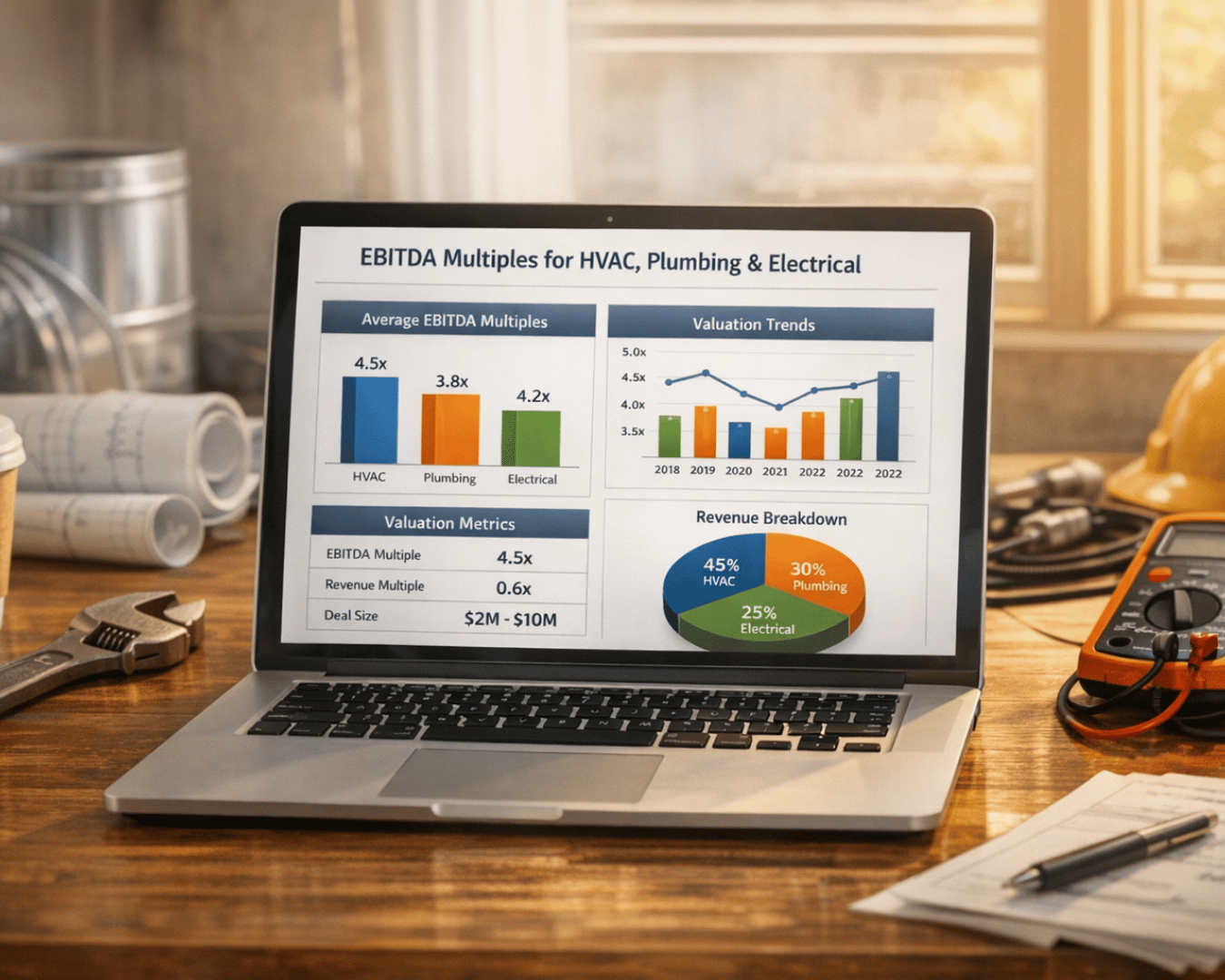
.png)


.png)
.png)

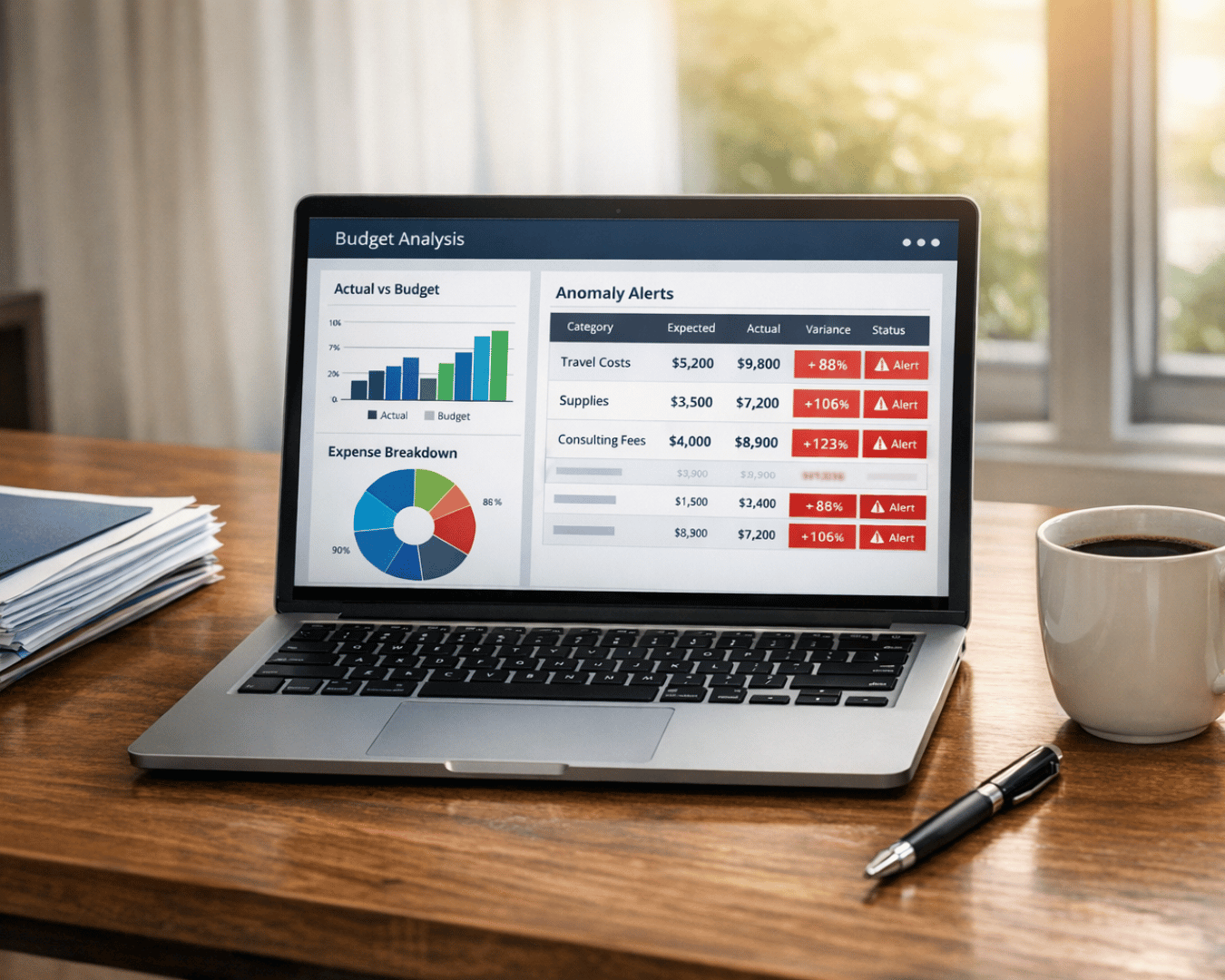

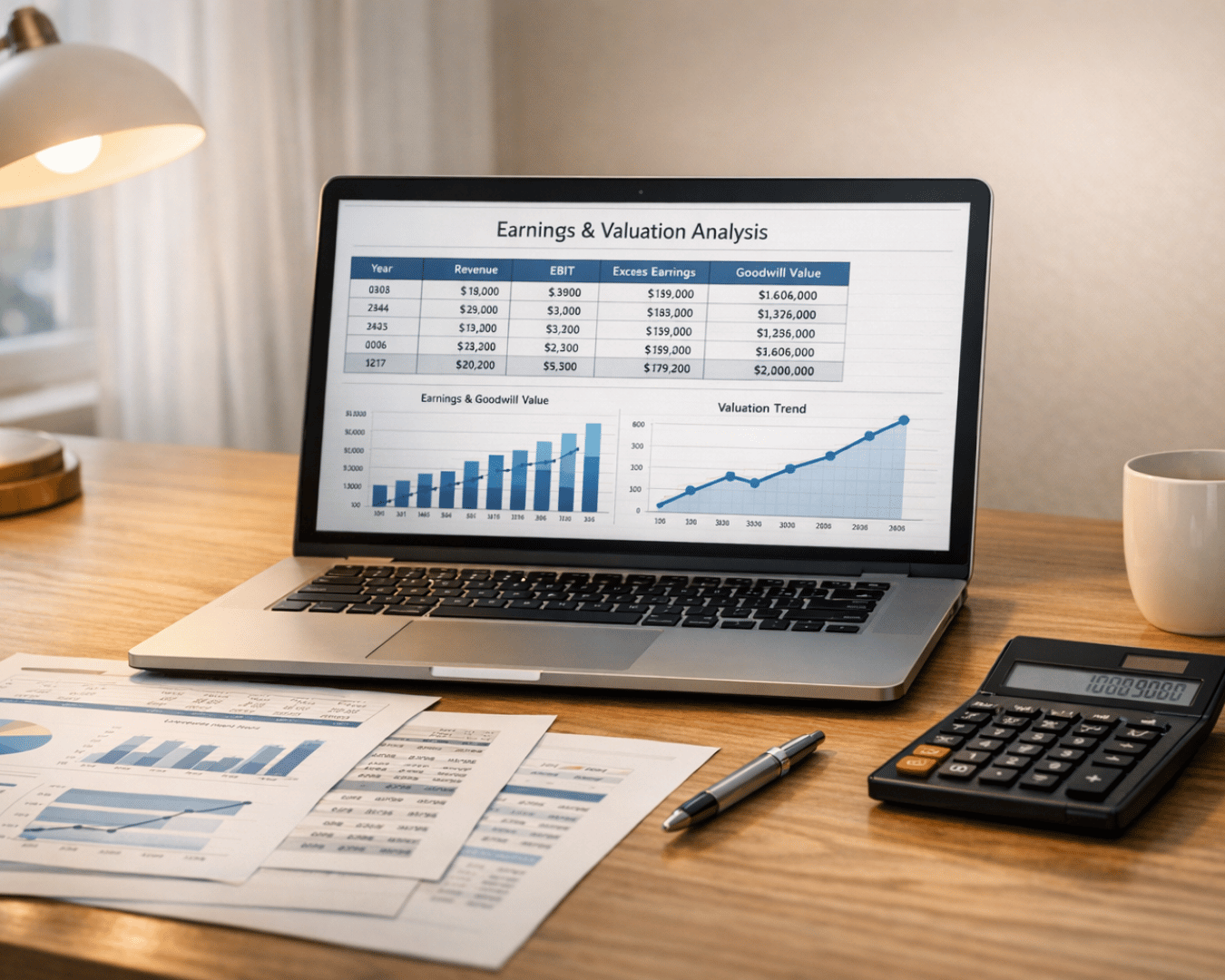








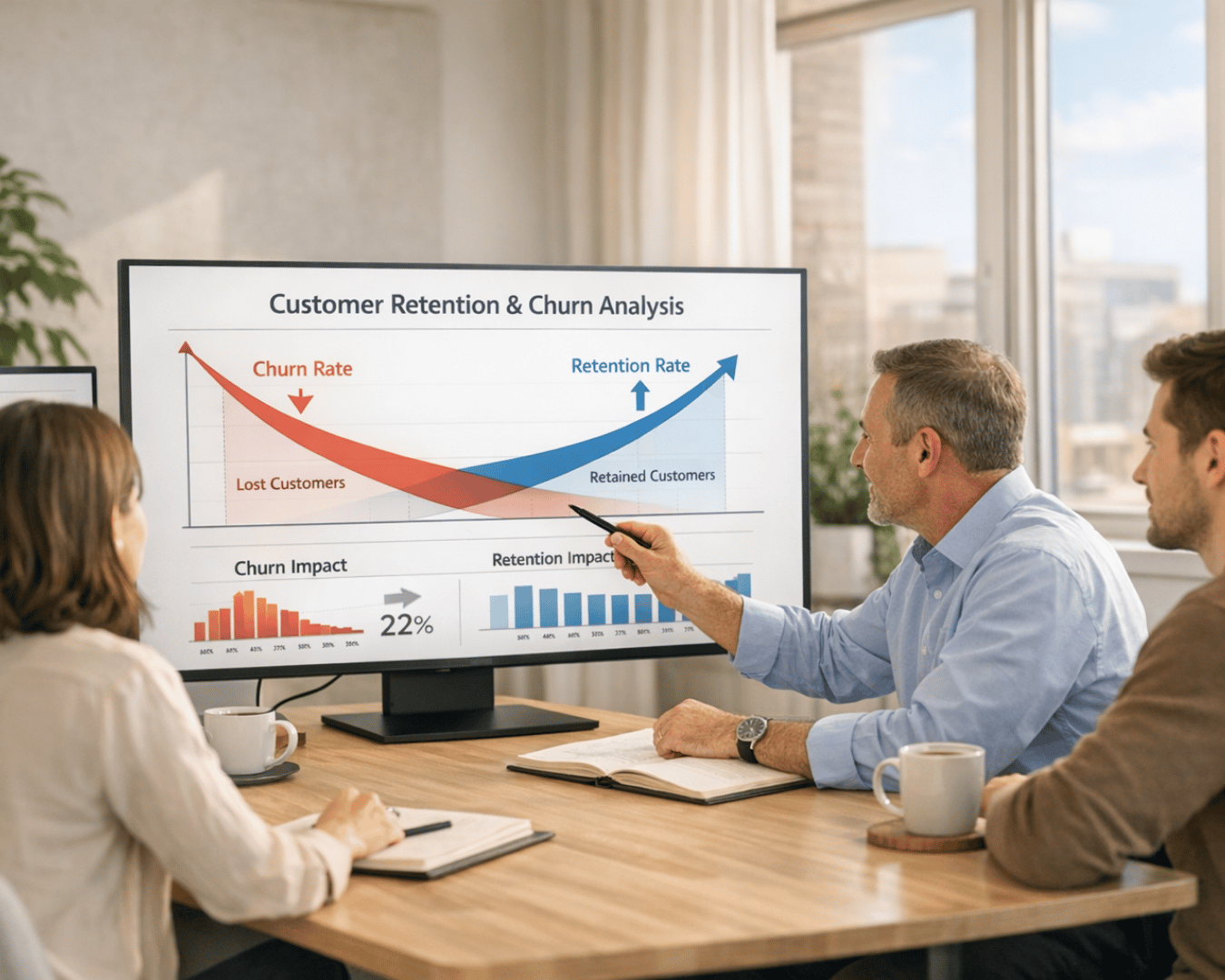










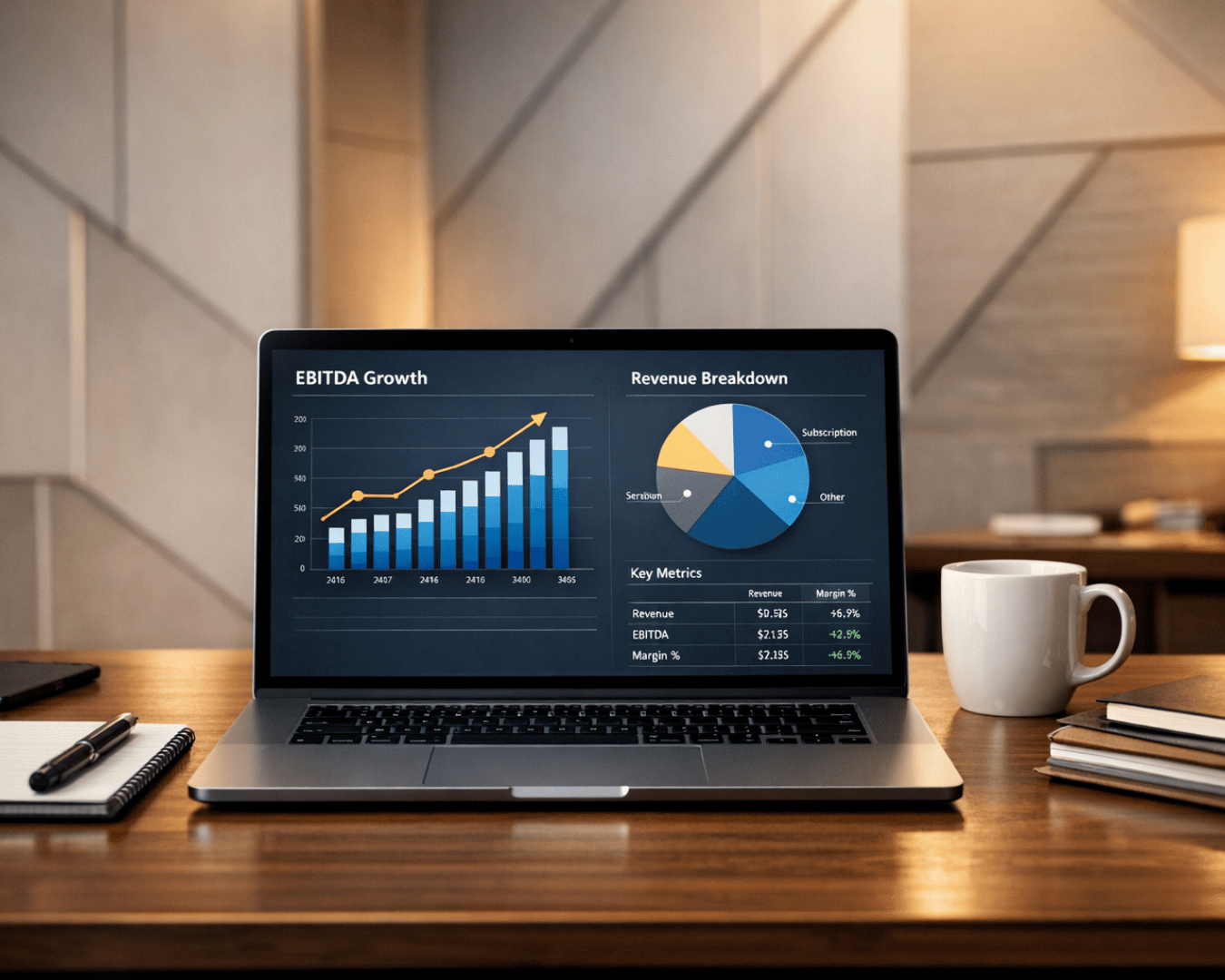








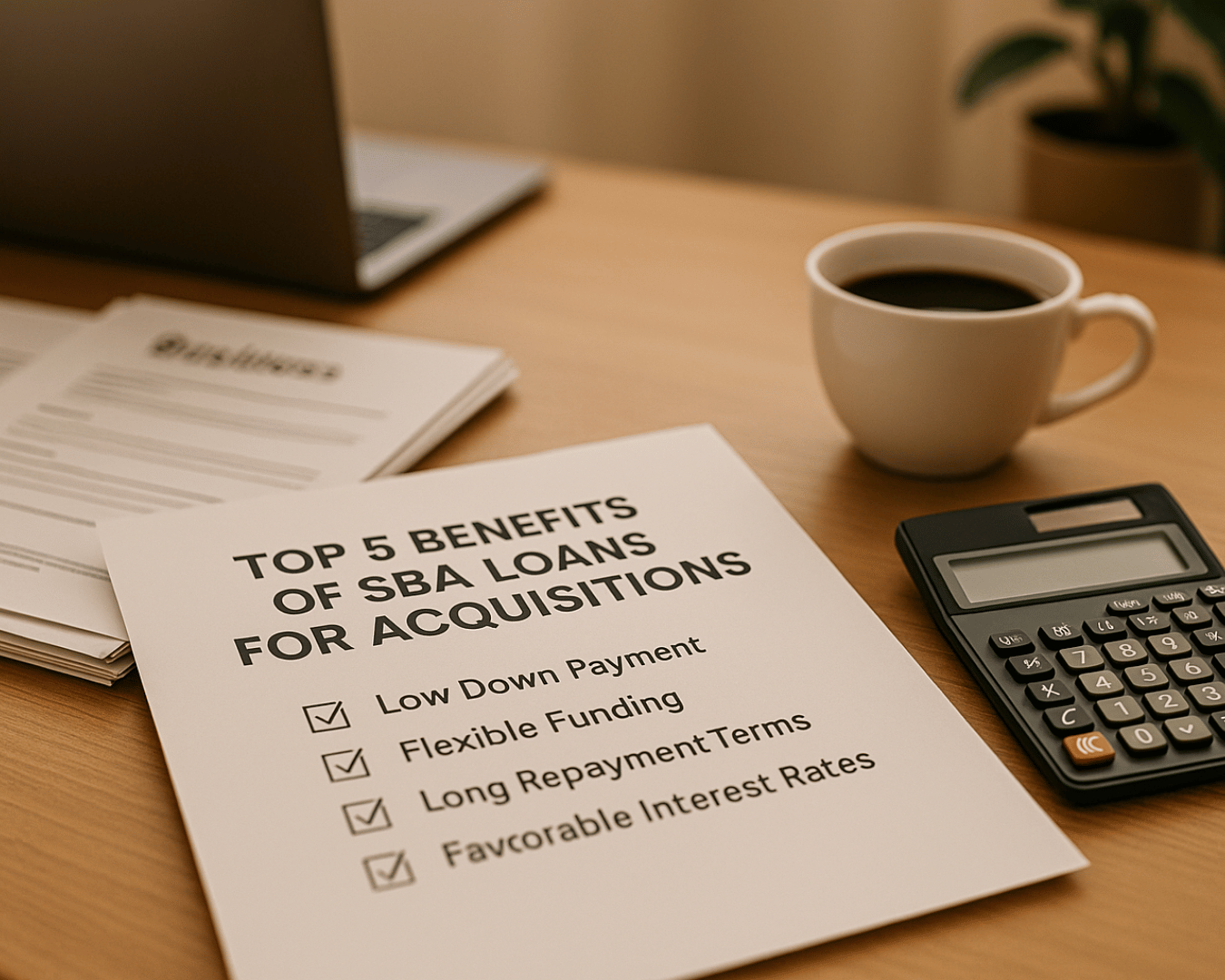

.png)
